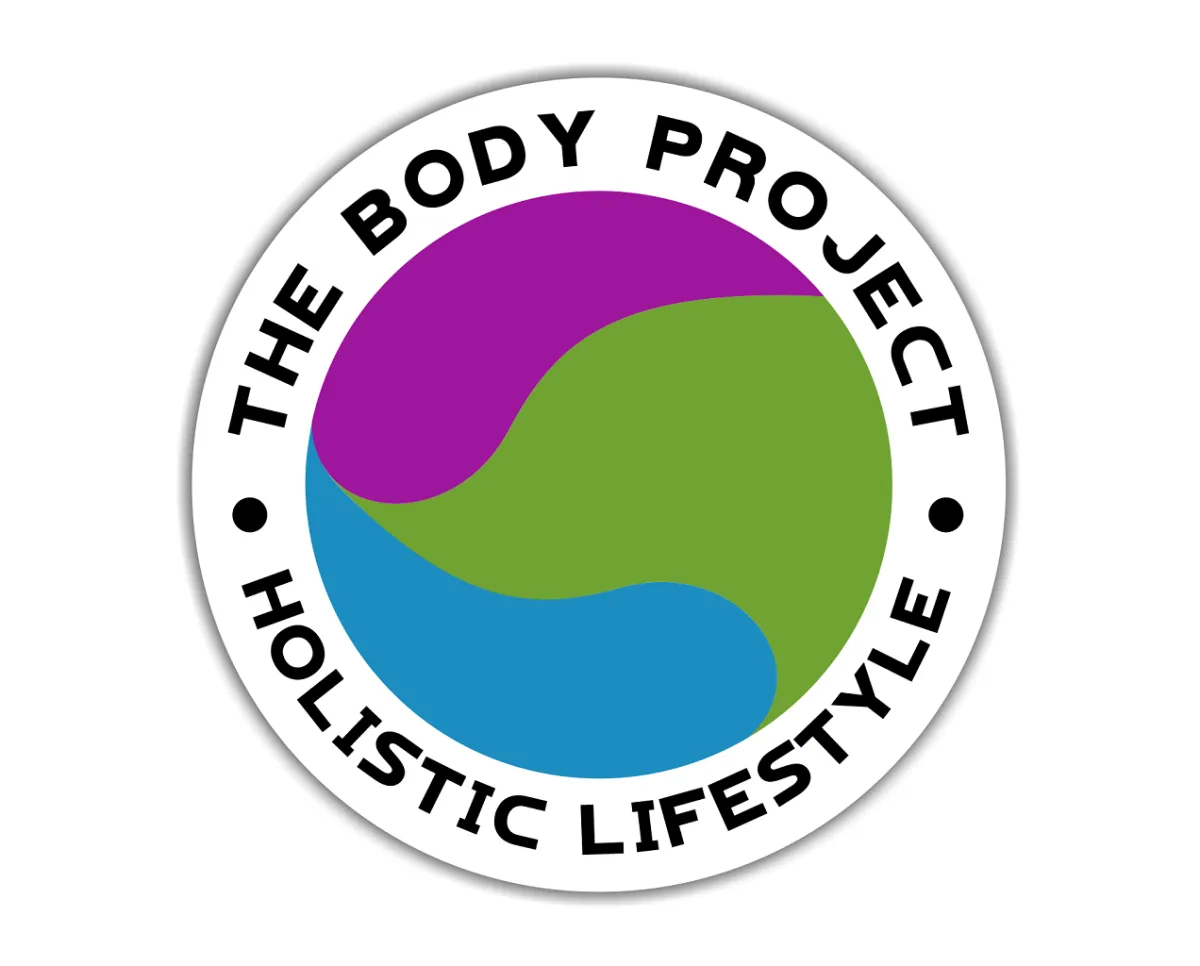
Blogs by The Body Project

Comprehensive Guide to Sleep Issues in America: Analysis and Solutions
Comprehensive Guide to Sleep Issues in America: Analysis and Solutions
By: Robert Smith
The significance of adequate, quality sleep cannot be overstated. Unfortunately, the Centers for Disease Control and Prevention (CDC) has reported that up to 70 million Americans suffer from sleep disorders, a staggering number that warrants our attention.
The Prevalence of Sleep Disorders
There are over 80 different types of sleep disorders. However, the most commonly diagnosed include insomnia, obstructive sleep apnea, restless legs syndrome, and narcolepsy. According to the American Sleep Association, insomnia alone affects approximately 30% of American adults briefly, while about 10% suffer from chronic insomnia. Sleep apnea, too, is prevalent, with around 25 million adults in the U.S suffering from this disorder, often unrecognized and undiagnosed.
Reasons for Poor Sleep
Several factors contribute to poor sleep. These include:
Lifestyle Factors: Irregular sleep schedules, excessive screen time, sedentary behavior, alcohol, nicotine, and caffeine usage can all contribute to disturbed sleep.
Stress and Anxiety: Psychological stress and anxiety are significant contributors to sleep disorders. In 2020, the "Stress in America" survey by the American Psychological Association reported an uptick in stress-induced sleep disturbances due to the pandemic.
Physical Health Conditions: Conditions like chronic pain, respiratory disorders, and heart disease often disrupt sleep. Additionally, hormonal changes in women during menstruation, pregnancy, and menopause can also impact sleep.
Mental Health Disorders: Disorders like depression, anxiety disorder, and bipolar disorder often co-exist with sleep disorders.
Simple Strategies for Better Sleep
Here are some straightforward strategies that could help improve your sleep:
Maintain Sleep Hygiene: Establish a regular sleep schedule, create a sleep-friendly environment, limit naps, and avoid stimulating activities close to bedtime.
Exercise Regularly: Regular physical activity can help you fall asleep faster and enjoy deeper sleep.
Manage Stress: Techniques such as meditation, deep breathing, progressive muscle relaxation, and yoga can help manage stress levels and promote better sleep.
Healthy Eating Habits: Avoid large meals, caffeine, and alcohol close to bedtime.
Limit Screen Time: The blue light emitted by screens can interfere with the production of melatonin, a hormone that regulates sleep. Limit exposure to these devices close to bedtime.
M-Field testing, an energetic testing method, could potentially help identify specific stressors contributing to sleep disorders. Every living thing, including humans, emits an energy field, often referred to as a Morphogenic Field. The health of this field is thought to reflect the overall health status of an individual.
Through M-Field testing, we might uncover otherwise unnoticed factors such as nutritional imbalances, environmental toxins, or emotional stressors affecting sleep. These could be toxins in our everyday environment, unidentified food sensitivities, or hidden emotional traumas, among other things.
Once identified, these stressors can be addressed using various treatment protocols, customized to the individual's needs, such as:
Nutritional Support: Specific nutritional supplements might be recommended to correct identified imbalances.
Detoxification: If environmental toxins are identified as a contributing factor, detoxification protocols could be put in place.
Emotional Stress Release Techniques: If emotional stressors are uncovered, techniques like Emotional Freedom Technique (EFT), also known as tapping, may be used to help relieve these stresses.
Lifestyle Modifications: Based on the results, specific lifestyle changes might be recommended.
Remember, the goal is to achieve a healthier, larger, and more balanced Morphogenic Field, which could then translate into improved overall health, including better sleep.
It's always important to consult with a healthcare provider for personalized advice.
The pursuit of sleep quality is a journey towards overall health. As we continue to explore different avenues like M-Field testing, our hope is to empower individuals to understand their bodies better and unlock the secret to a good night's sleep.
To learn more about understanding and addressing sleep issues for a healthier, revitalized life, visit our website at www.thebodyprojectstudio.com. We are Located in Mendota Heights MN, near the Saint Paul area, we provide comprehensive resources and personalized solutions tailored to your unique sleep needs.
